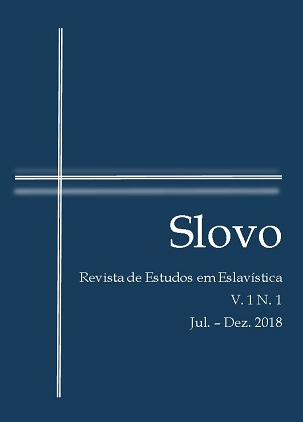Language as a crucial political element in the construction of the Czechoslovak state
Abstract
Our paper addresses the role of the mother tongue as a central and political element in the struggles that legitimized the right to self-determination of small Slav nations. The examples are the cases of the Czech Republic and the Slovak Republic through the dawn of their nationalist cultural movements during the eighteenth and nineteenth centuries. Are studied and problematized some of the main political theories justifires of the national states, which exerted deep influences in the intellectual circles of this period. Thus, the concepts of nation and language and the respective elements that legitimize the right of a given nation to express itself through its own state are discussed. The theoretical elements discussed are then contrasted with the historical path followed by the process of imagination and construction of the binational Czechoslovak state. As the focus of this work is on the political and central role of language, we approach two of the three generations of nationalist movements. The reasons are justified by the fact that the first two groups are composed by philologists, linguists, historians, poets and journalists who carried out the mission of rediscovering their cultural histories during their stage of performance, codify their languages and legitimize the right of political recognition of their nations.


